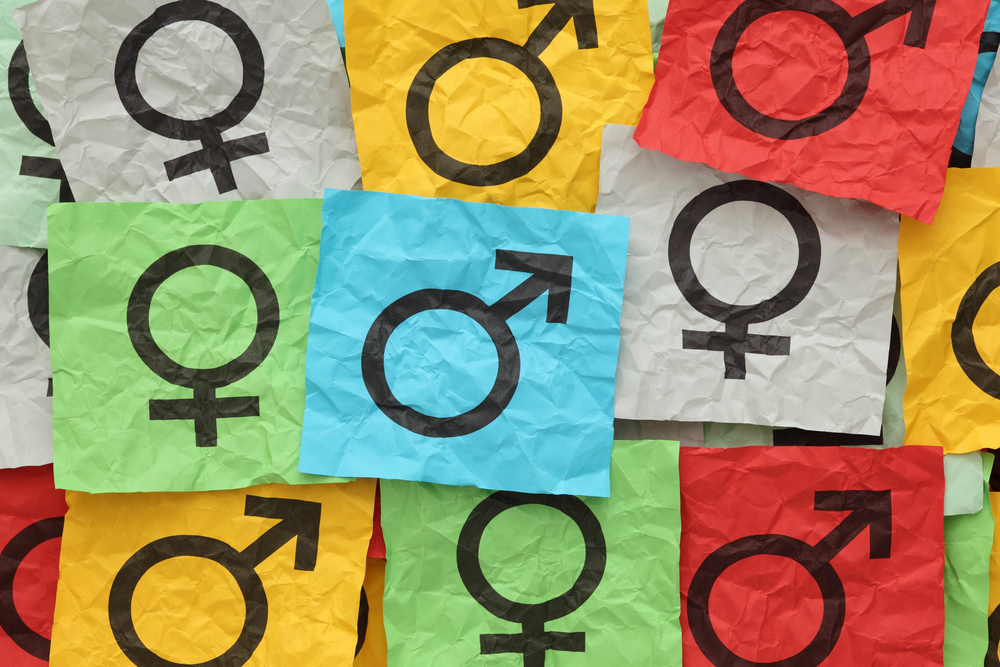Household Bills
Today is Equal Pay Day – but there’s no reason to celebrate

‘Equal Pay Day’ marks the point of the year when women stop earning relative to men – from now until the end of the year women are effectively working for free due to the gender pay gap.
The gender pay gap is the difference between the average pay of men and women within a particular group or population. Equal Pay Day is a national campaign led by the Fawcett Society.
The society uses the mean, full-time, hourly gender pay gap for the UK to calculate the gender pay gap for Equal Pay Day which this year is 11.9%, an increase from 10.6% last year.
As part of this year’s Equal Pay Day 2021 campaign, the Fawcett Society is calling on employers to take the #EndSalaryHistory pledge and stop asking new recruits how much they were paid in their previous jobs.
It says that asking for salary history “is a recruitment practice that bakes in gender, race and disability inequality”. It says it is self-perpetuating system that allows for biases. Rather than offering a salary based on skills, experience and performance, but on an individual perceived worth and negotiating skills.
Maike Currie, investment director at Fidelity International, said: “Female-centric industries were hit hard by furlough and job losses, with women also shouldering most of the unpaid work, including childcare and elderly care. Fidelity International’s research found 23% of women in the UK saw a drop in their income during the pandemic, with an average £463 lost per month. Over the course of a year that could equate to £5,556 – close to a quarter of the average annual salary for women (£21,186).
“Despite the long-term trend being a positive one – the pay gap in 2018 was 13.9% – there is a risk that the pandemic will cause enduring ramifications for women, with 28% saving less, 17% investing less, and 13% contributing less towards their pension during the pandemic.
“Next April’s increase to the National Living Wage has hit headlines, and while this is an improvement for workers and families, the real issue for women remains salary disparity.”
Scottish Widows published a report earlier this week about the gender pensions gap. It found that women need to save an extra £185,000 to achieve the same retirement income as men.
It found that even if we closed the gender saving gap completely, pension equality would still not be achieved.
Jackie Leiper, managing director of workplace savings at Scottish Widows, said: “There are ways to help level the playing field – from enhancing maternity pensions to offering better parental leave and financial support for childcare – so that women are no longer financially penalised for raising a family. Of course, we must also tackle the larger structural issues in our society, like the gender pay gap. Pension inequality is not just an issue for women to resolve, structural unfairness affects us all and needs the collective efforts of everyone to resolve this persistent imbalance.”